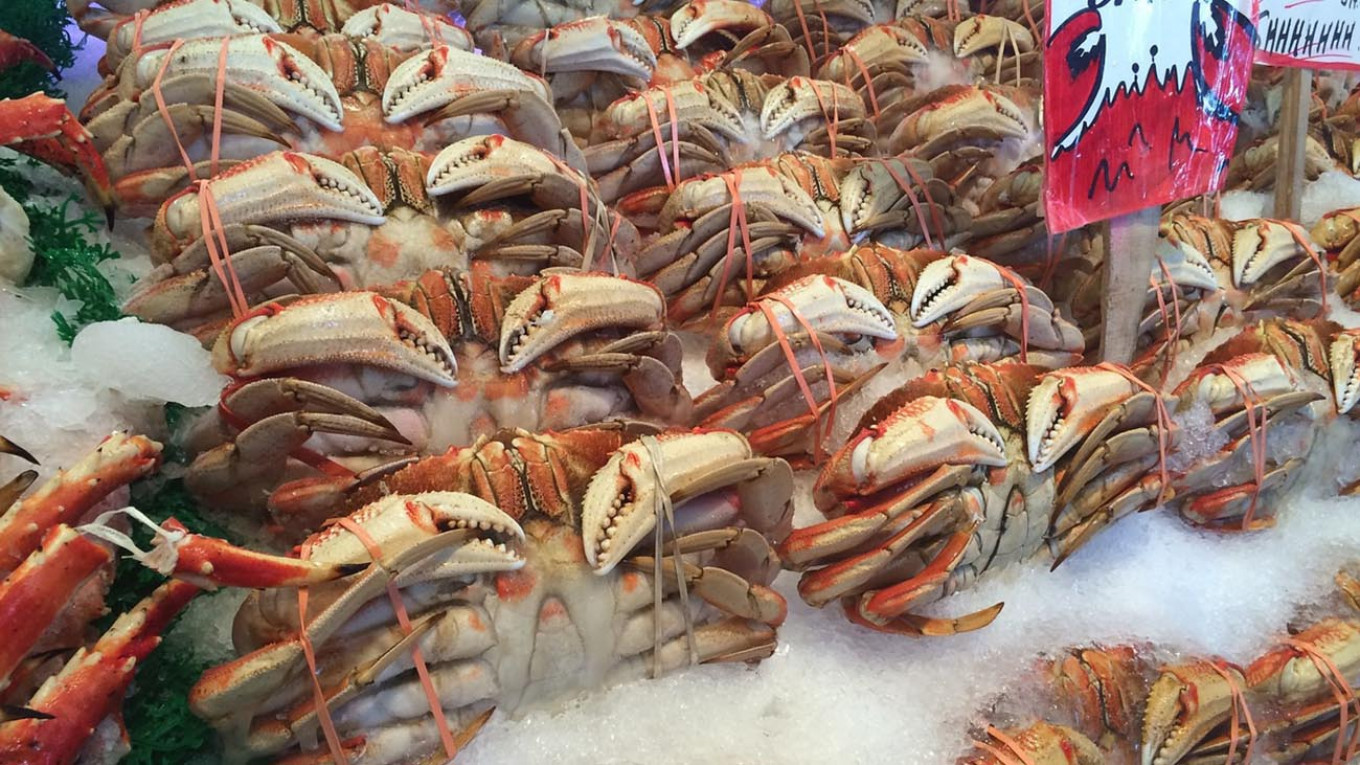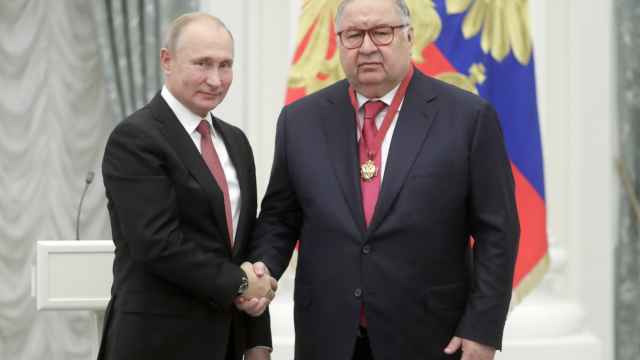Fishermen in Alaska claim they have been caught up in Russia’s counter-sanctions, with Moscow’s ban on western food imports blocking sales to one of their key markets while allowing cheap Russian seafood to flood into the U.S.
Russian seafood exports to the U.S. have jumped 69% since 2013 — the year before Russia blocked most imports of agricultural products from the U.S. and the EU in a tit-for-tat response to sanctions levelled against Russia after it annexed Crimea.
Alaska sold more than $60 million of salmon, pollock and other fish to Russia in the year before sanctions, the Anchorage Daily News reported, while Russia now sells $521 million of seafood to the entire U.S.
The warning comes from the Alaska Seafood Marketing Institute — a trade body which says Russia is likely to continue boosting sales amid a $7 billion investment drive and a goal of doubling global fish sales to $8 billion by 2024.
The group also complained that despite Russia banning imports, the U.S. still allows Russian products to be imported with very low tariffs.
“Alaska and Russia harvest many of the same species and many Russia-origin products are available in the U.S. market, often at lower prices than comparable Alaska products,” the report said.
“As Russian seafood producers increase the quality and volume of products that compete directly with U.S production, the U.S. is unable to compete for a large and growing Russian domestic market.”
A Message from The Moscow Times:
Dear readers,
We are facing unprecedented challenges. Russia's Prosecutor General's Office has designated The Moscow Times as an "undesirable" organization, criminalizing our work and putting our staff at risk of prosecution. This follows our earlier unjust labeling as a "foreign agent."
These actions are direct attempts to silence independent journalism in Russia. The authorities claim our work "discredits the decisions of the Russian leadership." We see things differently: we strive to provide accurate, unbiased reporting on Russia.
We, the journalists of The Moscow Times, refuse to be silenced. But to continue our work, we need your help.
Your support, no matter how small, makes a world of difference. If you can, please support us monthly starting from just $2. It's quick to set up, and every contribution makes a significant impact.
By supporting The Moscow Times, you're defending open, independent journalism in the face of repression. Thank you for standing with us.
Remind me later.






